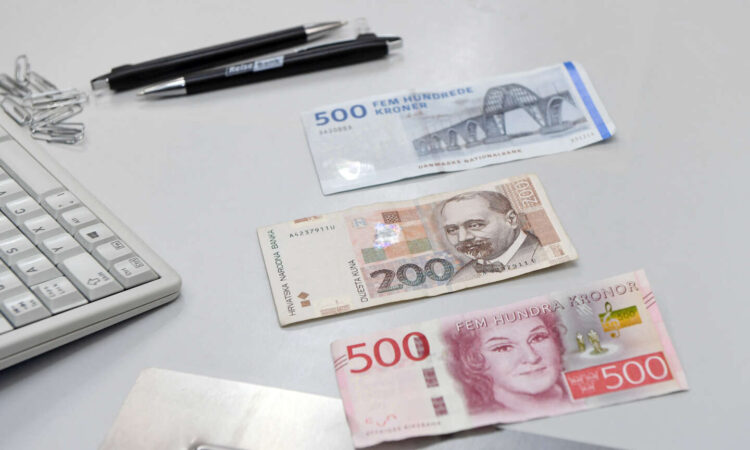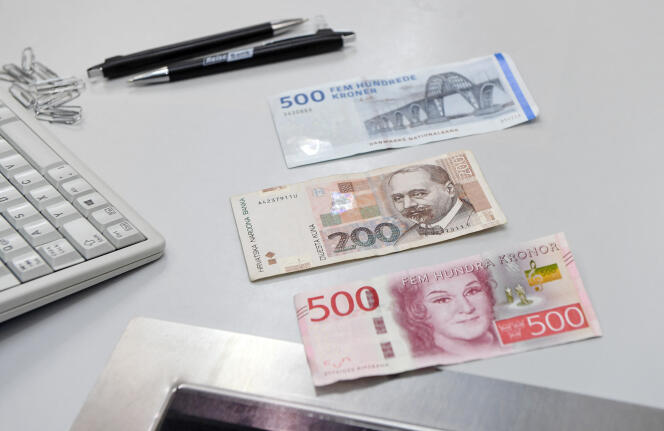

Twenty years ago, on September 14, 2003, the Swedish people said no to a single currency in a referendum held just three days after the murder of foreign minister Anna Lindh in Stockholm, one of the standard-bearers of the “yes” campaign. At the time, some experts believed that her death would sway public opinion, which was then hostile to the euro. This was not the case when 56% of Swedes voted “no.”
The Swedish people never regretted their choice. When the debt crisis hit the eurozone, they were proud to watch as their national currency flourished. In 2013, it was trading at 8.20 kronor to the euro. Those days are gone now, with an exchange rate of almost 12 kronor to the euro today.
This has rekindled discussions about the possibility of Sweden’s membership in the Economic and Monetary Union, with the initiative being taken by the leader of the Liberals and current Minister of Labor, Johan Pehrson. In an op-ed published in the newspaper Svenska Dagbladet on September 14, 2023 (the anniversary of the 2003 referendum), Pehrson proposed raising Sweden’s level of integration in the European Union “from basic to premium” by adopting the euro by 2028.
In a slump
At the time of his party’s campaign launch for the 2024 European elections, the Liberals’ leader expressed the view that the krona, adopted by Sweden 150 years ago, was now in a slump. Not only had its weakening “damaged the image of Sweden and Swedish companies,” wrote Pehrson, but “we are importing inflation, which is causing the price of food and intermediate goods to soar,” not to mention that “vacations are expensive.”
While the liberal party is currently the only one on the political scene to have presented a timetable, a poll published on September 14 revealed a notable shift in public opinion: Whereas 19% of those questioned in May were in favor of the euro and 54% were against, supporters of the single currency now number 30% and its detractors only 47%.
Among those who have changed sides is billionaire Christer Gardell, co-founder and CEO of investment firm Cevian Capital, who had voted “no” in 2003. By December 2022, he was already referring to the krona as “shitty small change.” In an interview with the business newspaper Dagens Industri in June, he went even further, claiming that “with hindsight, the decision taken in 2003 was a mistake” and that, without the euro, Sweden risked finding itself “in the same economic league as Romania and Bulgaria.”
Businessman Sven Hagströmer, founder of Avanza Bank and the investment company Creades, has also changed sides. In 2003, he had given his financial backing to the “no” campaign. But writing recently in Dagens Nyheter, he admitted that had he known what would happen 20 years later, he would have been “100% for the euro.” He also accused the central bank in Stockholm of deliberately weakening the krona by putting too much pressure on interest rates.
You have 31.89% of this article left to read. The rest is for subscribers only.



